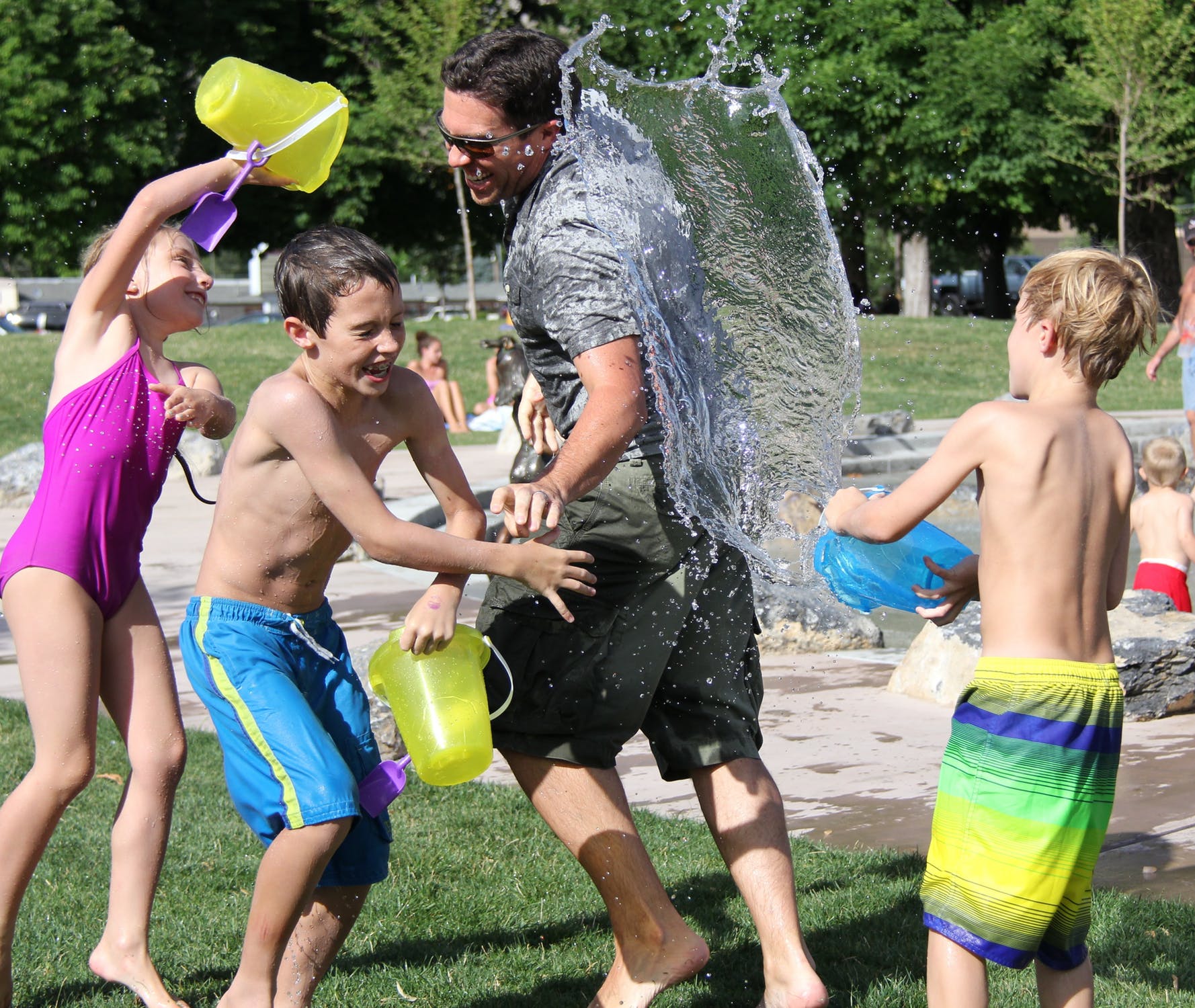Ten Things Every Family Should Know about Autism
With an estimated one in 88 children diagnosed with autism, it is not surprising that so many families are struggling with decisions and next steps for their children who were recently diagnosed. For the parents who are devastated to first hear the word “autism” from a developmental pediatrician or other professional, there is hope! In the past ten years, resources have tripled in the Roanoke Valley for families and professionals. We know so much more about how to treat autism, and public school districts in and around Roanoke are stepping up to the challenge. So, what would a parent who has recently received a diagnosis of autism for their child do?
- Take time to grieve. It may not be the road you planned for your child. BUT there is hope! Children with autism are remarkable in their own sense. When you figure out how your child learns, they usually make notable, often astonishing, progress.
- Educate yourself about autism and the resources offered for your child, then plan, plan, plan. Be consistent in the interventions you choose and get your “village” on board. It is important to build and access a support network: grandparents, aunts and uncles, best friends, other parents, teachers and therapists.
- Get organized. Purchase a three ring binder, three-hole punch and dividers. Keep records of doctors reports, calendars of important appointments and milestones your child reaches, school records and conversations, medication logs with notes of positive and negative reactions, synopsis of your child’s abilities and needs, etc. You WILL need to access this notebook for years to come.
- Seek out interventions. Determine what works best for your child and matches your philosophy of parenting. Interventions come in the form of speech therapy, occupational therapy, sensory integration therapy, vitamin regimens, special diets, behavior therapy, play therapy, and much, much more. Know that research has proven that early intervention is key. When asking about interventions, ask the provider to show you the research for that particular intervention. You are looking for “blind studies” so that you know there is no bias conducted in the study. Know that if you choose an intervention without research backing, the chances of success are not as likely. Understand that not one therapy works best for all children who have autism. Keep data on any interventions so that you know what works and what does not.
- Obtain evaluations. Early Intervention for a very young child (two and under) is a good place to start. To find a provider, visit: http://www.infantva.org. Occupational, Speech, educational, social, medical and psychological assessments are also excellent resources and help professionals plan for your child. For a child 2 and older, contact your local school district and let them know of the diagnosis. They will help guide you and begin assessments for your child. If your child qualifies for special education services, the district will use the evaluations conducted to develop an Individualized Education Program (IEP) for your child and he or she will begin to attend school, possibly as young as preschool and all the way up through age 22. If you choose home therapy, Behavior Analysts and other professionals can develop a program for you using information from evaluations conducted.
- Create your budget. Of course, most all therapies and programs cost money. And regrettably, they are expensive. Fortunately, due to a great deal of parent advocacy at the state level, most insurance companies now cover therapy. Speech (ST), Occupational (OT) and Physical Therapies (PT) are now covered, as well as Applied Behavior Analysis (ABA). School districts offer children with disabilities a Free and Appropriate Public Education (FAPE). Other interventions may be covered by insurance, such as medical appointments and counseling. If your family struggles financially, there may be other resources for you such as Social Security Income (SSI) and Family Access to Medical Insurance Plan (FAMIS Insurance). The Department of Social Services can help you to determine financial eligibility. Additionally, if your child qualifies, there may be assistance that is not based on your income, called Medicaid Waivers. These Waivers can provide people to work with your child on independent living skills, such as toileting, food preparation, personal hygiene, as well as other vital services and supports. Case management services from places like Blue Ridge Independent Living Center and Blue Ridge Behavioral Healthcare can help you with understanding Waivers.
- Protect your family. It is crucial that you make time for yourself, your spouse and your other children. Elicit the help of friends and families for date nights with your partner, or better yet, a night without the kids. Moms need those girls’ weekends and dads need the occasional outing with friends. Dads, take your daughter/s out for a night on the town, and your son out for a day at the ball park. The child with autism usually demands a lot of attention, so make sure your other children get that much needed one on one time with mom and dad.
- Plan for the future. Your child will grow up fast. If you are receiving a late diagnosis, remember that he or she is still entitled to services. Read up on guardianship, so you can understand about what will happen after age 18 and their rights. If your child will be applying for Social Security benefits at age 18 (which currently provides up to $720 monthly income) be sure you (or grandparents) do not put any assets in their name, even as a young child. This includes savings accounts, savings bonds, property, inheritances, etc. If someone wishes to leave something of value to your child, a Special Needs Trust should be established to protect his or her future income. Remember the notebook referred to in point number three? You will need it when applying for SSI, even 15 years later!
- Continue to educate yourself on the most recent information regarding Autism Spectrum Disorders. There are trainings, conferences, and wonderful resources on the internet, including free trainings. Visit: www.vcuautismcenter.org. Print out the free 100 Day Kit from Autism Speaks to learn much about interventions, books, resources and more (www.autismspeaks.org). Want to understand more about how a person with autism feels? Read the wonderful books written by Temple Grandin, a successful professional who happens to have autism.
- BELIEVE in your child! Having autism is just a part of who they are. Your dreams may be different for him now, but he is still amazing and smart with the world in front of him! She may not do everything you thought she would do, but there is still so much she can accomplish, maybe just in a different way. Advocate for your child. Provide all the supports that he or she needs, but pull away when it is time to be independent. Don’t do everything for them. They CAN and will learn!
Angie Leonard is the Executive Director of Blue Ridge Autism and Achievement Center and mom to Joshua. Joshua was diagnosed with autism at 18 months of age. He is now 18 years old, a member of the Lord Botetourt High School Football Team, a referee for Upwards Basketball and will graduate from high school this year.




